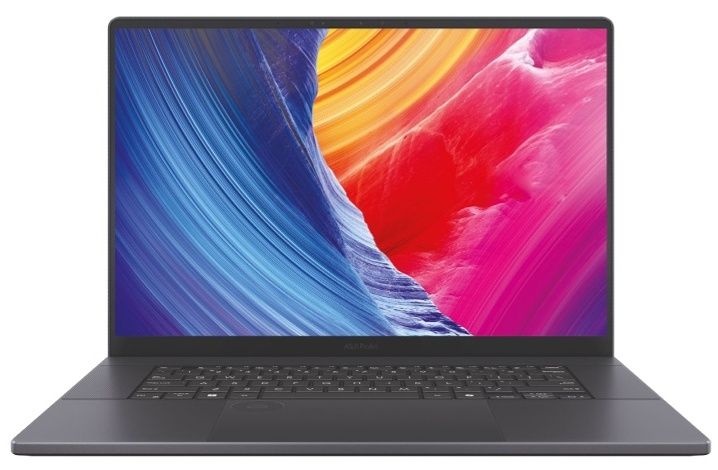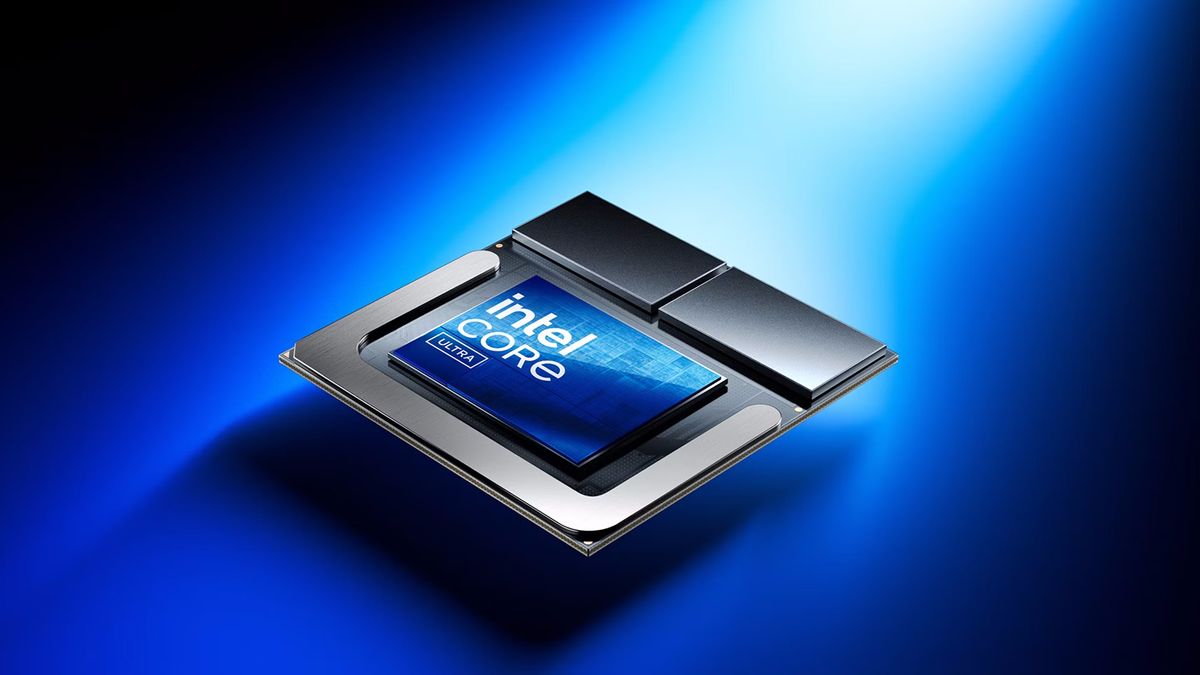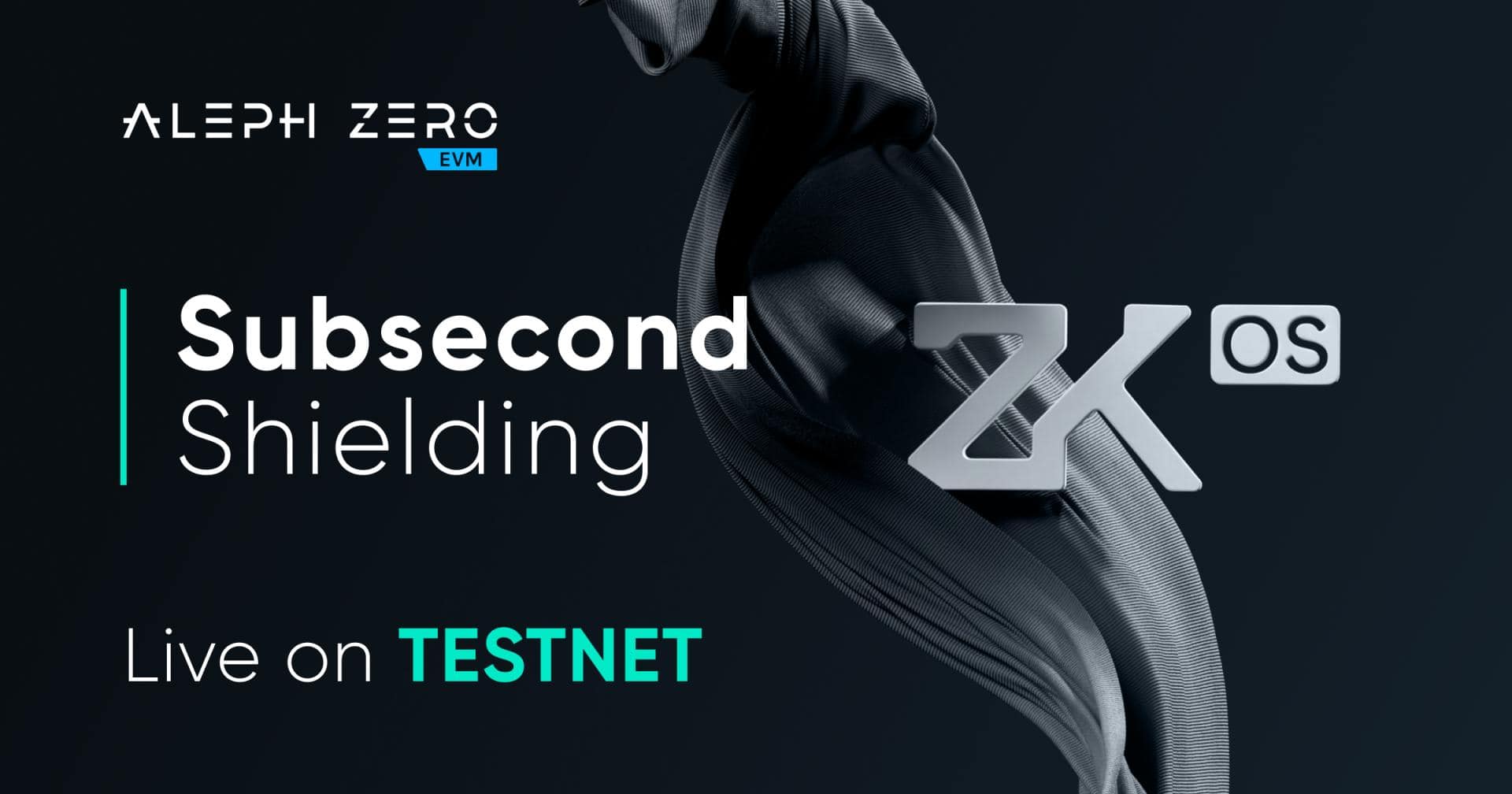Quantum Brilliance (QB) and Oak Ridge National Laboratory (ORNL) have announced a strategic collaboration that will integrate the former’s diamond-based quantum accelerators with the latter’s state-of-the-art high-performance computing (HPC) infrastructure. The partners hope to validate the potential of QB’s compact, room-temperature quantum accelerators in tasks that go beyond the realms of classical computing.
Readers may not be familiar with Australia-based QB, but the U.S.-based ORNL is well known as the home of the Department of Energy’s Frontier supercomputer. Thus, this collaboration is a very serious step forward for quantum computing. Frontier sits proudly atop the Top500 list, thanks to its 8.7 million cores delivering up to 1,206 PFlop/s (while eating through 22,786kW). Perhaps this collaboration will one day take supercomputing even higher, hand-in-hand with greater efficiency.
In an email to Tom’s Hardware, QB says that the key initial objective of the collaboration will be to integrate “an on-premises cluster of QB’s quantum accelerators with ORNL’s HPC systems.” This will allow researchers to explore the performance of parallelized and hybridized quantum computing solutions. With the hybridized solution, both quantum and classical processors will work in concert.

“Parallel quantum computing holds transformative potential for scientific discovery and industrial applications that require high-performance computing,” said Dr. Travis Humble, Director at the Quantum Science Center at ORNL. Humble said the partnership with QB may end up “paving the way for groundbreaking advancements that will inform the design of future HPC infrastructure.”
Mark Luo, CEO of Quantum Brilliance, also fanfares the technological collaboration. Luo described the integration of “the world’s first cluster of room-temperature QPUs” with ORNL’s leading HPC infrastructure as a “critical milestone.”
It is also vital to co-develop new computational methods and software tools to make the most of the remarkable hardware partnership. It may only be when hardware, software, and new techniques for quantum-classical hybrid solutions reach a refined, coalesced state that we see the long-promised potential of quantum computing is realized.
QB is now selling its Gen1 Model rackmount accelerator to commercial customers. A PCIe card, packing one of its diamond-based QPUs (pictured in our gallery), is also in the works.

 1 month ago
18
1 month ago
18





:quality(85):upscale()/2024/10/17/848/n/1922729/9dece426671163b35dcb11.60305022_.jpg)


 English (US) ·
English (US) ·